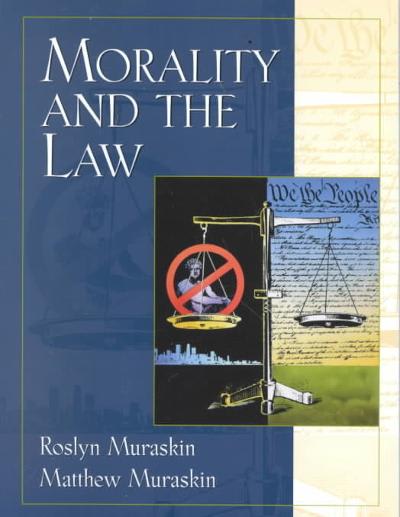Question
Read the two Supreme Court opinions included below: Wisconsin v. Yoder (1972) and EDD of Oregon v. Smith (1990). Draft a case brief for each
Read the two Supreme Court opinions included below: Wisconsin v. Yoder (1972) and EDD of Oregon v. Smith (1990).
Draft a case brief for each of these opinions following the case briefing format previously discussed.
sample case brief
Facts:
Facts should detail what occurred to cause the case to reach the court & any disposition at the trial level
Issue:
Indicate the narrow question that the court must answer in order to decide the case. (i.e. not False Imprisonment, but instead whether a small opening in a barn wall constituted a reasonable means of escape)
Rule:
This may be the legal rule that the Court bases their rationale upon it may also be the legal rule that the court creates or expands after developing their analysis on the issue. This is sometimes also referred to as the "Holding" of the case.
Analysis
This section refers to the Court's analysis, what is the rationale that the court develops or uses to support their holding in the case. This is not a place for a personal evaluation of whether you agree or disagree with the outcome of the case.
Conclusion
What the court concluded. (i.e. reversed, affirmed, remanded, etc.)
Evaluation
This is the area where the student can provide their analysis or evaluation of the Court's holding and rationale. See the Briefing Cases lecture slides for the four primary questions your evaluation should address.
Be sure to include your evaluation of the court's opinion and any concurring or dissenting opinions that you believe have value and relevance.
Step by Step Solution
There are 3 Steps involved in it
Step: 1

Get Instant Access to Expert-Tailored Solutions
See step-by-step solutions with expert insights and AI powered tools for academic success
Step: 2

Step: 3

Ace Your Homework with AI
Get the answers you need in no time with our AI-driven, step-by-step assistance
Get Started


